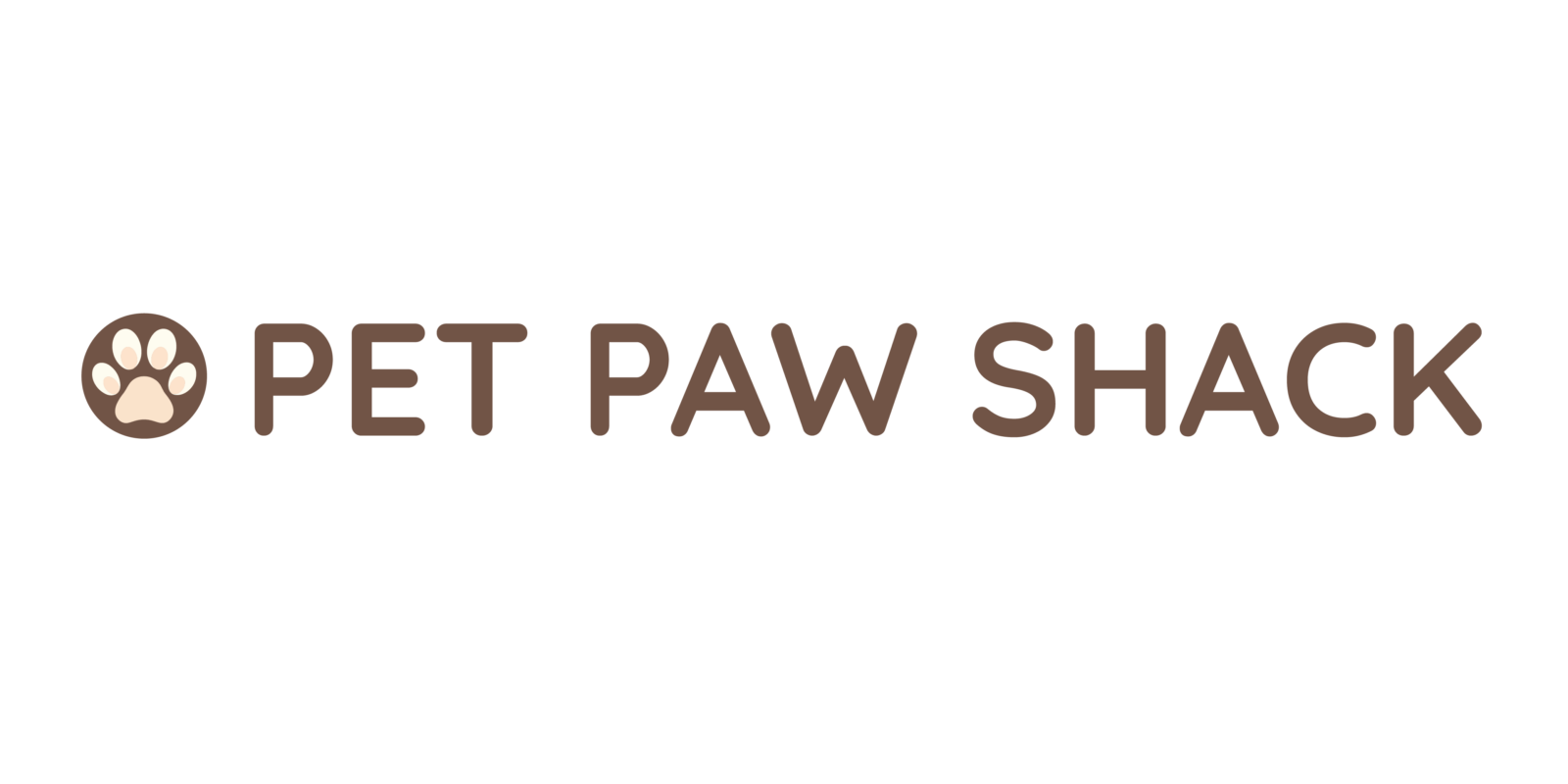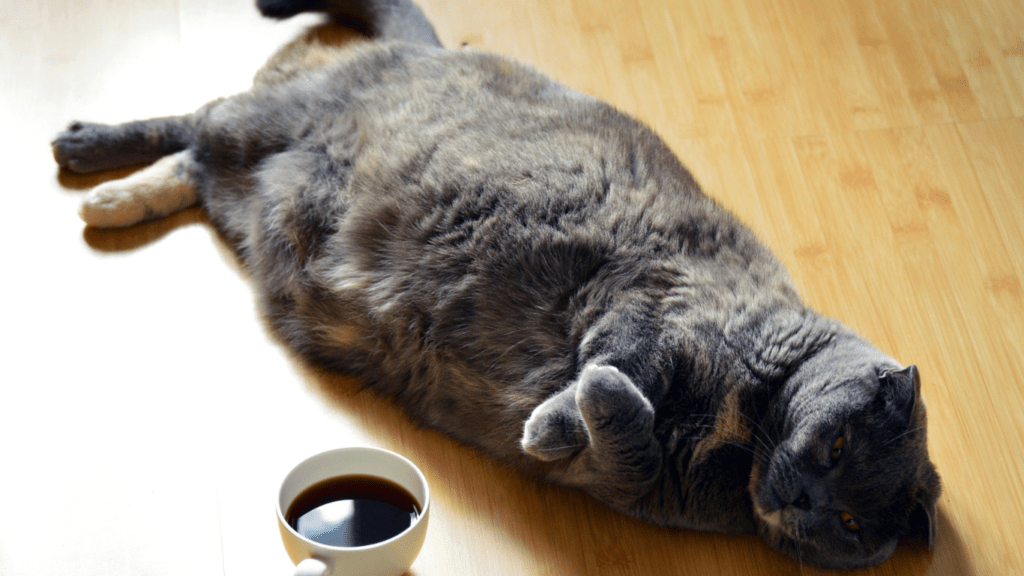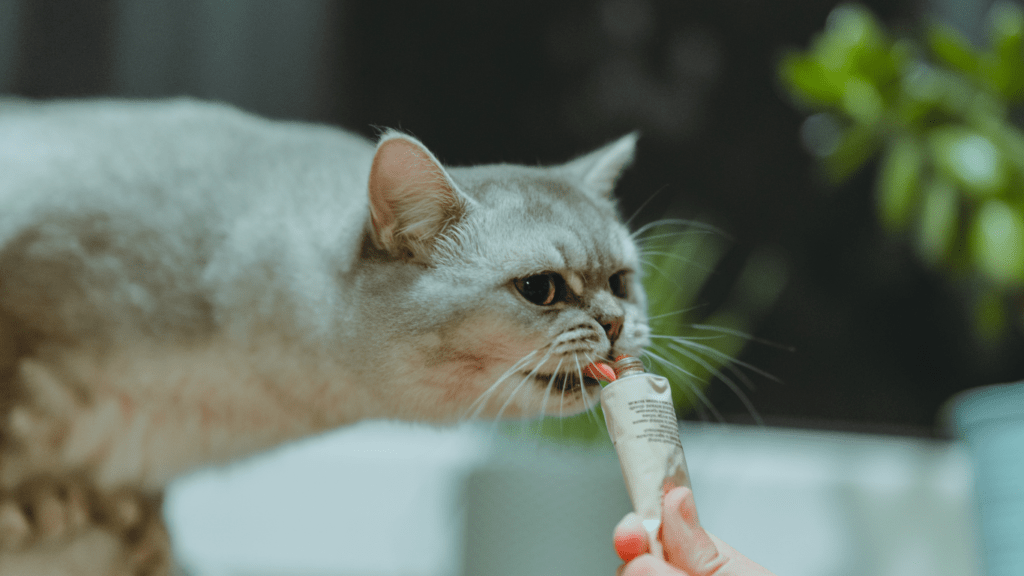Understanding Pet Obesity
Pet obesity refers to pets carrying excess body fat, which can lead to serious health issues. According to the Association for Pet Obesity Prevention, over 56% of dogs and 60% of cats in the United States are overweight or obese. Recognizing obesity involves regular monitoring of your pet’s weight, body condition score, and overall health markers.
Health Risks of Obesity
Obesity in pets can result in numerous health problems. Common issues include diabetes, arthritis, heart disease, and decreased lifespan. For example, obese pets are four times more likely to develop diabetes compared to their non-obese counterparts. By keeping your pet at a healthy weight, you can significantly reduce these risks.
Causes of Pet Obesity
Several factors contribute to pet obesity. Overfeeding is a primary cause, often due to misunderstanding portion sizes or feeding too many treats. Lack of exercise also plays a significant role. Pets in homes without ample space or those that are seldom walked face higher obesity risks.
Identifying Obesity in Your Pet

Use a body condition score (BCS) system to assess whether your pet is overweight. Veterinarians commonly use a scale of 1-9, where a score of 5 is ideal. Pets scoring above 7 are considered obese. Regular vet check-ups help in accurately assessing and managing your pet’s weight.
Importance of Prevention
Preventing obesity is crucial for maintaining your pet’s overall health and quality of life. Nutritional management and regular exercise minimize the risk of weight-related diseases. Understanding pet obesity equips you with the knowledge to adopt proactive measures, ensuring your pet stays healthy and active.
Causes of Pet Obesity
Understanding why pets become obese helps in preventing it effectively. Several factors contribute to this problem.
Overfeeding
Owners often unintentionally overfeed their pets. Portion sizes are frequently misunderstood, leading to excess calorie intake. Treats and human food scraps add to this issue. For example, giving a dog additional treats beyond its main meals promotes weight gain.
Lack of Exercise
Physical inactivity is a significant contributor. Pets require regular exercise to burn calories and maintain muscle mass. Many pets, especially those in urban areas, don’t get enough physical activity. For instance, cats kept indoors might not have sufficient stimuli to stay active.
Poor Quality Food
Diet quality directly impacts pet health. Low-quality pet food often contains fillers and unhealthy fats. Such food lacks essential nutrients and contributes to obesity. Choosing high-protein, low-carbohydrate food enhances metabolism and supports weight management.
Importance of Nutrition in Preventing Obesity
Proper nutrition is crucial in managing and preventing pet obesity. A well-balanced diet, portion control, and avoiding human food can keep pets healthy and maintain an ideal weight.
Balanced Diet
A balanced diet provides all essential nutrients, including proteins, fats, carbohydrates, vitamins, and minerals, in appropriate ratios. High-quality pet foods, typically named brands like Hills or Royal Canin, ensure pets receive these nutrients. Look for labels indicating a complete and balanced formula recognized by the Association of American Feed Control Officials (AAFCO).
Portion Control
Portion control involves giving pets the right amount of food based on their size, age, and activity level. Use feeding guidelines on pet food labels, adjusting based on your pet’s needs. Utilize measuring cups or a kitchen scale to ensure accuracy. Regularly monitor your pet’s weight and adjust portions accordingly.
Avoidance of Human Food
Avoid feeding pets human food as it often contains high levels of fat and sugar. Common snacks like:
- chocolate
- chips
- pizza
can lead to rapid weight gain. Stick to pet-specific treats and maintain their overall calorie intake within recommended limits. Human food can also include harmful ingredients to pets, contributing to poor health.
Recommended Nutritional Tips
Maintaining a pet’s healthy weight is crucial. Follow these nutritional tips to help prevent obesity in pets.
Selecting High-Quality Pet Food
Choose pet food with high protein and low fat content. Quality ingredients like real meat, veggies, and grains should be listed first. Avoid foods with fillers, artificial colors, and preservatives. Look for brands adhering to AAFCO (Association of American Feed Control Officials) standards.
Incorporating Supplements
Supplements can provide essential nutrients. Omega-3 fatty acids, glucosamine, and probiotics support joint health, skin, and digestion. Consult a vet to determine the right supplements for your pet’s specific needs.
Treats in Moderation
Limit calorie-laden treats to 10% of daily caloric intake. Opt for low-calorie alternatives like carrot sticks or apple slices. Avoid sugary and fatty human foods. Use treats as rewards, not regular snacks.
Regular Feeding Schedule
Establish a consistent feeding schedule. Divide daily food allowance into two or three meals. Measure portions accurately to avoid overfeeding. Keep track of feeding times to ensure consistency.
These nutritional tips contribute significantly to preventing pet obesity. By selecting quality food, incorporating supplements, moderating treats, and maintaining a regular schedule, pet owners can ensure their pets maintain a healthy weight.
Monitoring and Adjusting Diets
Monitoring and adjusting diets are crucial steps in preventing pet obesity. Regular check-ins and professional advice ensure pets maintain a healthy weight.
Regular Weigh-ins
Weighing pets monthly tracks their weight changes accurately. Use a veterinary scale or a home scale for consistency. If a pet shows weight gain, compare it to previous records to identify patterns. Adjust food portions if necessary to prevent further weight gain. Some pet stores offer weighing services, allowing comparative checks between veterinary visits.
Veterinary Guidance
- Consulting a veterinarian provides expert insights into a pet’s nutritional needs.
- Vets offer tailored dietary plans based on a pet’s age, breed, and health status.
- They can recommend specific food brands, portion sizes, and feeding frequencies.
- Veterinarians also detect any underlying health issues contributing to weight gain
- . Pet owners who follow these professional guidelines are more likely to maintain their pets’ healthy weight.



 Lead Pet Behavior Specialist
Brian Camacho is an expert in pet behavior and training at Pet Paw Shack. With a deep understanding of animal psychology, he specializes in helping pets and their owners build strong, healthy relationships through positive reinforcement techniques. Brian’s innovative approach to training focuses on making behavior modification a fun and rewarding experience for both pets and their families.
Lead Pet Behavior Specialist
Brian Camacho is an expert in pet behavior and training at Pet Paw Shack. With a deep understanding of animal psychology, he specializes in helping pets and their owners build strong, healthy relationships through positive reinforcement techniques. Brian’s innovative approach to training focuses on making behavior modification a fun and rewarding experience for both pets and their families.
